At Love Justice International, one of our global values (under the core value "Be the Kingdom”) is Strive for Unity: We aim to cultivate a culture where we love and build one another up. We are committed to confronting in love, forgiving, and apologizing to one another. This value is more than just words—it's a guiding principle that shapes how we work together, face challenges, and grow as a team.
One of our staff members, who helped establish our school in South Asia, experienced this firsthand when she moved from the States to take on her new role. In her journey, she learned how embracing unity transformed her relationships with her team and helped her navigate the complexities of living and working overseas. Here's how she came to live out the value of striving for unity in her work.
Learning to address conflict
I had moved halfway around the world, and after only a few months, I was ready to turn around and go back. I questioned the way overseas work was being done, questioned my own ability to make a difference, and even questioned my teammates. My husband encouraged me to stick with it and to have some candid conversations. That’s when I realized something important: I was bitter and upset, but I wasn’t taking steps to find a way forward. I wasn’t having the necessary conversations with my boss or teammates. I was sowing seeds of discontentment without working toward a solution.
I realized that for things to get better, I had to be more open and vulnerable. I began engaging in difficult but necessary conversations, and over time, my relationships with those around me improved. Through these discussions, I learned the importance of giving others the benefit of the doubt, confronting in love, and striving for unity, even when it felt easier to stay silent.
At Love Justice International, we believe that real transformation begins with unity. Unity doesn’t just happen—it requires intention, love, and a willingness to do the hard work of being vulnerable and open to feedback, forgiving where there is hurt, and apologizing when we fall short.


Pictured left: Sally with her husband, Kevin, when they first arrived overseas. Pictured right: Sally and Kevin in a meeting with other staff when she wanted to quit.
The challenges of serving overseas
During my time overseas, I saw many people leave the field in ways that signaled burnout and stress, often because of underlying conflicts they didn’t want to address. My family and I experienced many low points where we questioned if we belonged in that space or if we were even needed overseas. The conflict felt isolating—especially in a compressed community where our coworkers were the same people we attend church with, socialized with, and celebrated family milestones with.
It’s difficult to sell your belongings and move to an unfamiliar place, only to realize that the support and comforts you once relied on are no longer there. It’s hard to overstate how overwhelmed many people feel when they enter the field, often not fully knowing the language and immersed in a foreign culture, all while hoping to do “great things for God.” These people are often quickly disillusioned and confused when their sin is so obvious, and yet they are supposed to be holy missionaries. It makes sense that this disappointment is perfect soil for conflict to grow.
In these environments, it becomes hard to separate work stress from life stress. Conflict begins to bleed into every area of your life, making it difficult to find the support that helps life feel "normal" or even bearable. I often felt like there was nowhere to turn when conflict arose, and that isolation compounded the emotional strain.
There were also times when I hurt team members, and times when they hurt me. As a leader, I felt like I had to absorb complaints from others but keep mine to myself, never allowing my team to see my own frustrations. I thought it was my job to keep going, regardless of how I felt. But I soon realized that by withholding my own feelings, I wasn’t allowing others to be vulnerable with me. I wasn’t giving them the chance to apologize or explain their perspectives. By holding back, I wasn’t fostering a culture of trust, but one of secrecy and unspoken tension. Once I started sharing more openly, the walls came down, and unity became easier to achieve.

Pictured: Far from perfect but committed to unity—the large and growing school team today.
An opportunity for growth
Research shows that up to 71% of missionary departures from the field are preventable, with many citing team conflict, lack of organizational care, and personal role confusion as significant factors. By fostering unity and improving support systems, mission organizations can drastically reduce these preventable losses and help missionaries thrive in their calling.
Conflict is uncomfortable, and often we can be tempted to downplay, gossip, or complain to those uninvolved in the situation to justify how we are thinking or feeling. Many people see conflict as negative—something to be avoided at all costs. But at Love Justice, we view conflict as an opportunity. When handled with love and respect, it can become a pathway to deeper understanding and stronger relationships.
Let’s face it: in any community, there will be disagreements and tensions. But what makes us different is that we don’t shy away from these challenges. These conversations, when done in love, become an act of care. It’s saying, “I value our relationship enough to work through this with you.”
Forgiveness isn’t easy, but it is key to leaving bitterness behind, liberating both the forgiver and the forgiven. Apology is equally important, allowing us to acknowledge our imperfections and build a culture of vulnerability and trust.
The foundation for love, justice, and lasting impact
 So, why does unity matter in the context of fighting the world’s greatest injustices? Because injustice thrives where division exists. When we allow division—whether through unresolved conflicts, bitterness, or misunderstanding—it weakens our ability to stand together against the forces of injustice.
So, why does unity matter in the context of fighting the world’s greatest injustices? Because injustice thrives where division exists. When we allow division—whether through unresolved conflicts, bitterness, or misunderstanding—it weakens our ability to stand together against the forces of injustice.
Fighting injustice is hard work, and it can be messy at times. Different opinions in stressful environments can often lead to misunderstandings. We encourage our staff to strive for unity through honest conversations and humility. We know that no one person or team can do this work alone.
Whether you’re part of a team, a family, or a community, striving for unity can transform the way you relate to others. It is so easy to sow seeds of discontentment, distrust, and offense. How are you sowing seeds of honor, trust, and reconciliation in your relationships and the different circles you move in?
At Love Justice, we’ve learned that unity doesn’t just happen overnight. It’s a journey that requires commitment and continual effort. But it’s a journey worth taking, because unity is the foundation for love, justice, and lasting impact. Pictured: Sally with her husband and three boys.
Do these values resonate with you? If you are passionate about striving for unity, we'd love to have you as part of the Love Justice family. Here are three ways to get involved:
- Learn more about our work and spread the word.
- Join the team.
- Partner with us by donating at the link below.
Note: It’s important to understand that while we strive for unity and embrace healthy conflict resolution, we do not condone any type of ongoing abuse. Striving for unity does not mean staying silent in the face of harmful behavior. Healthy conflict leads to restoration and reconciliation, while abuse erodes trust and dignity. If you or someone you know is experiencing abuse, seeking help and setting boundaries is not only necessary but essential for healing.
*All data and statistics current at the date and time of publishing. Names and some specific locations excluded for privacy and security purposes.
-1.png?width=500&height=500&name=LJI_MAINLOGO_WhiteBackground%20(1)-1.png)


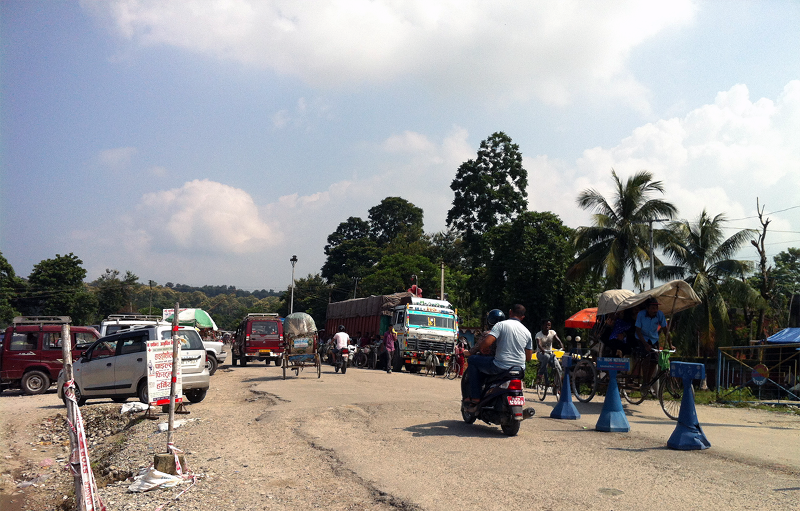
/bimala_feature_blog.webp)


/boy_girl_asia_streets.webp)

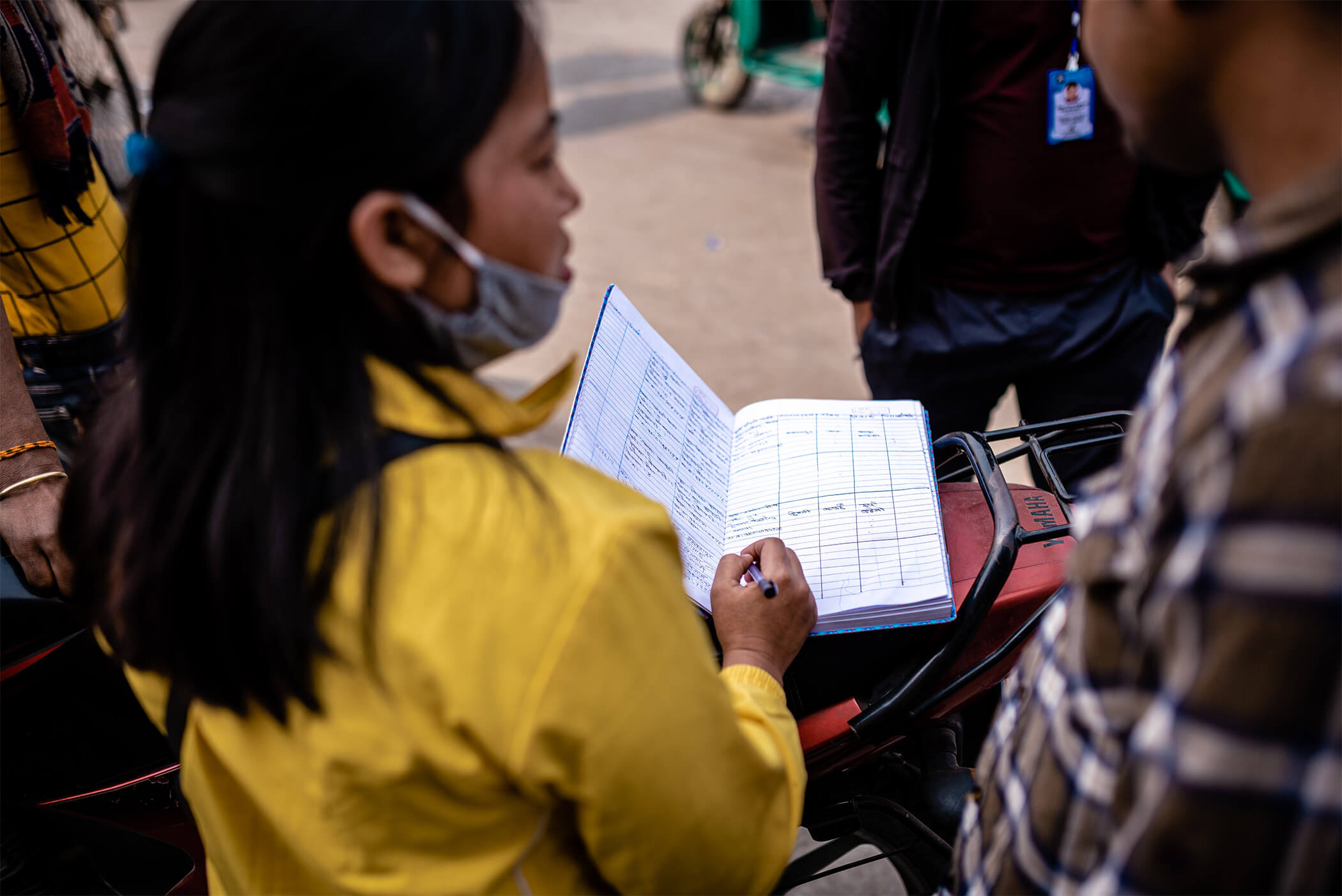


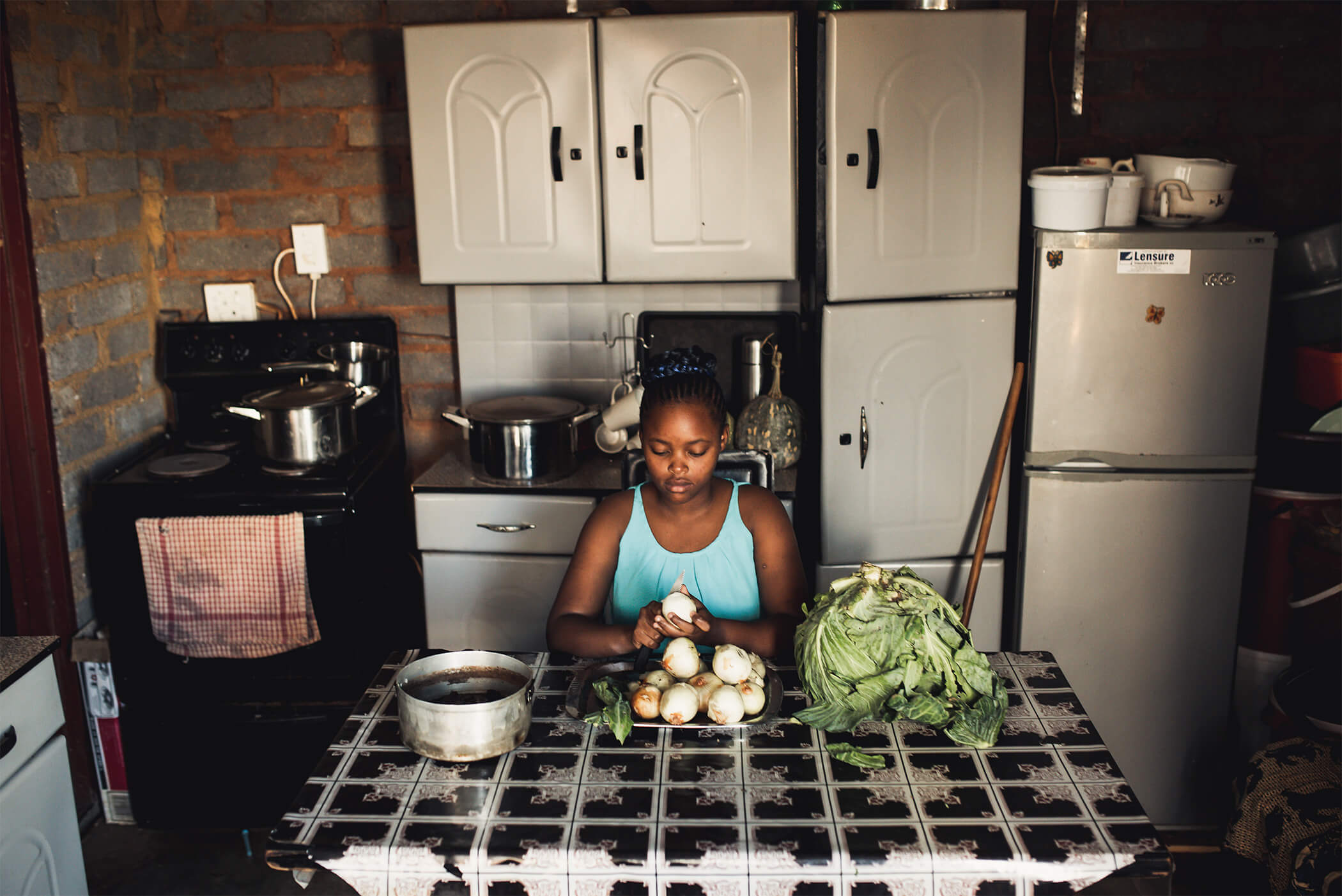

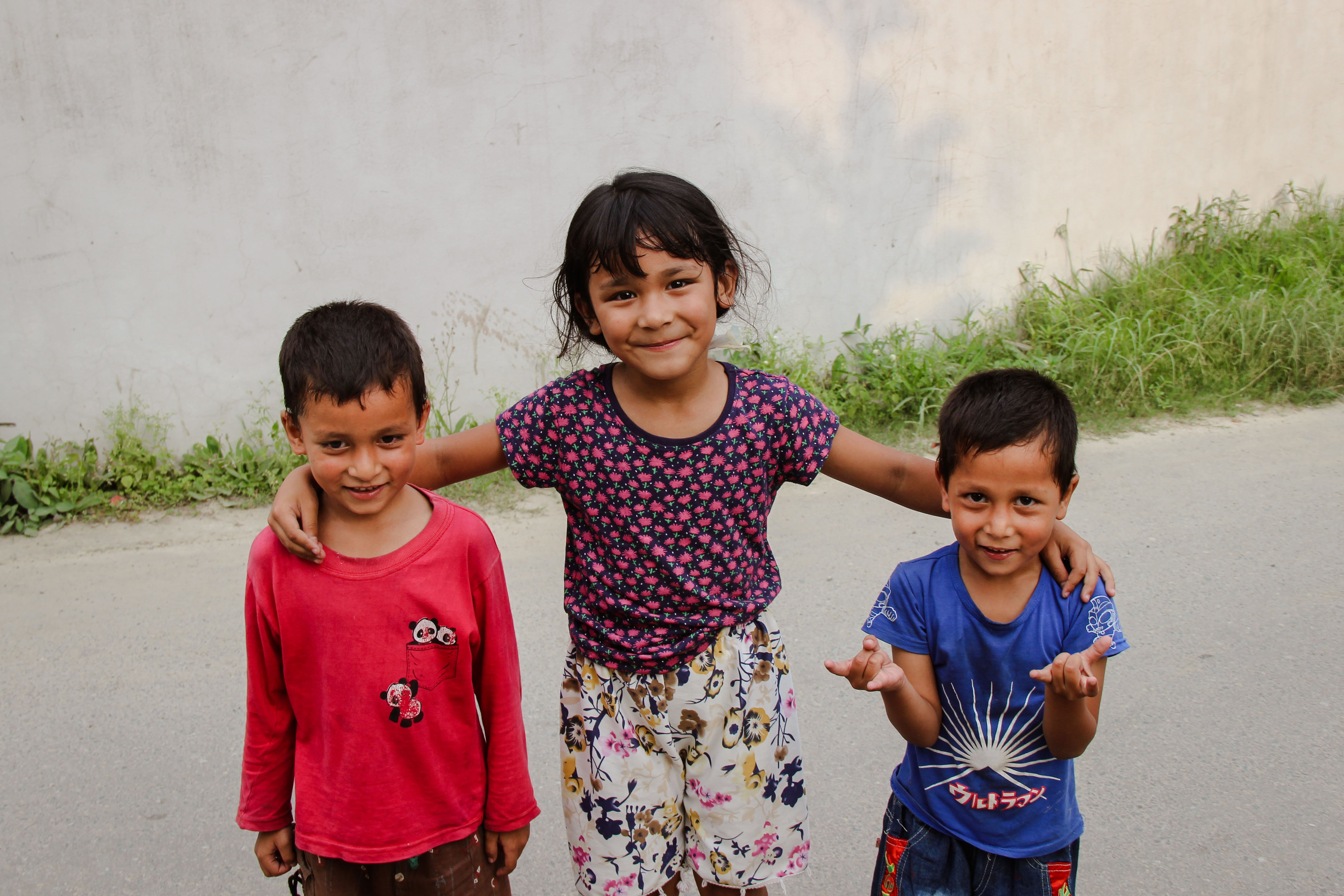

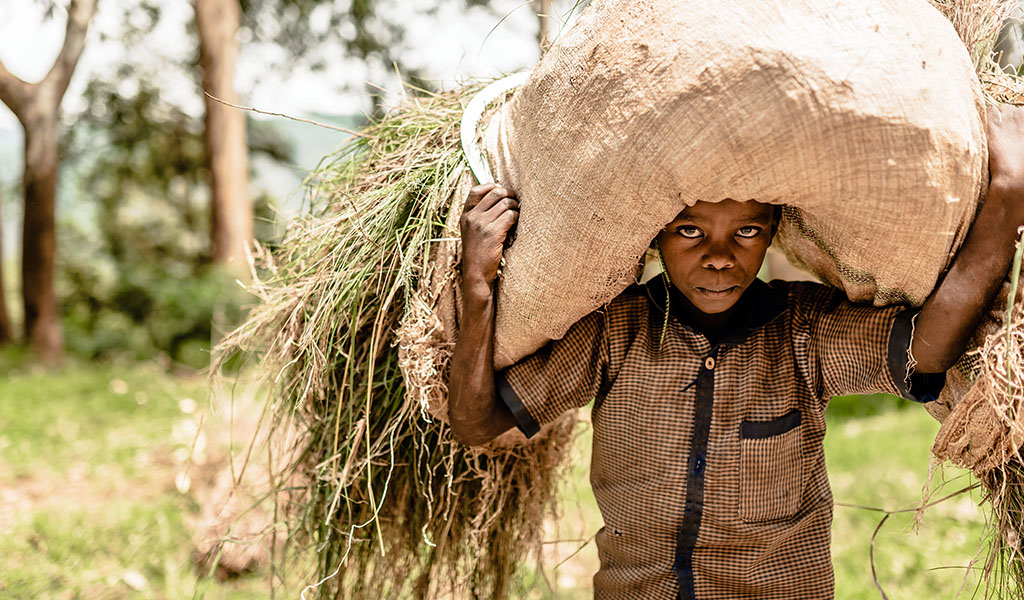

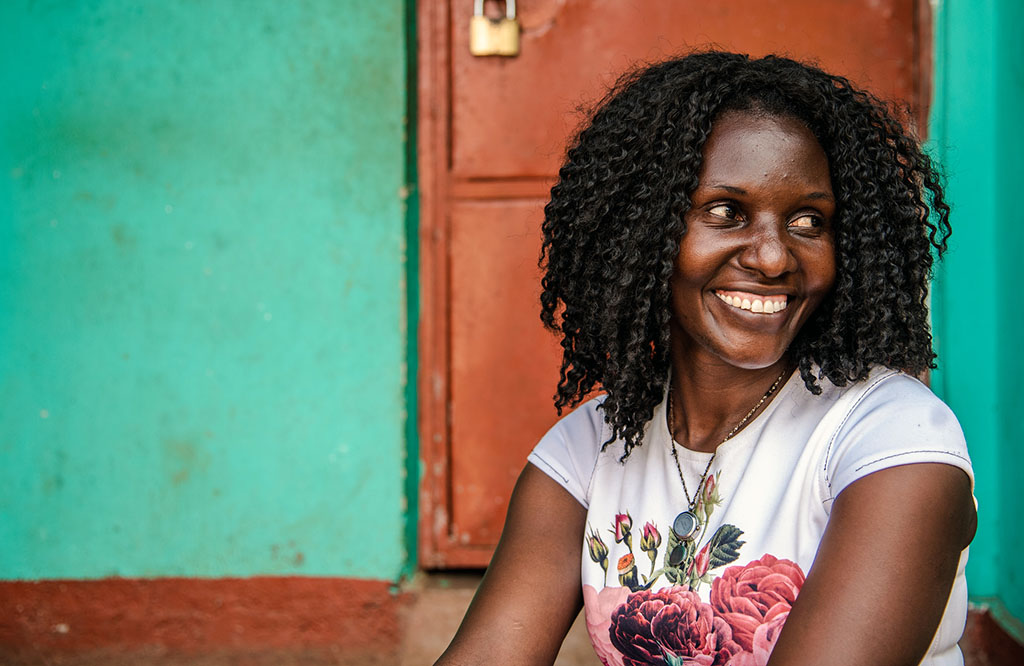
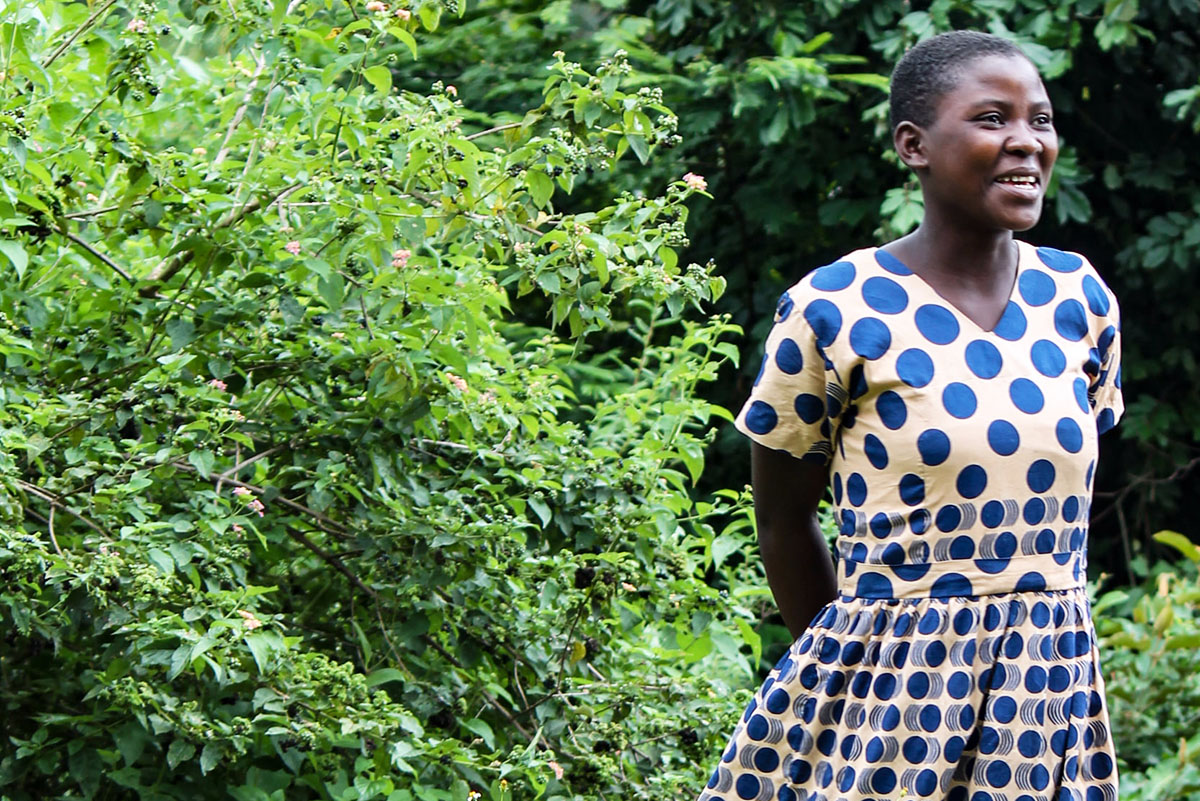
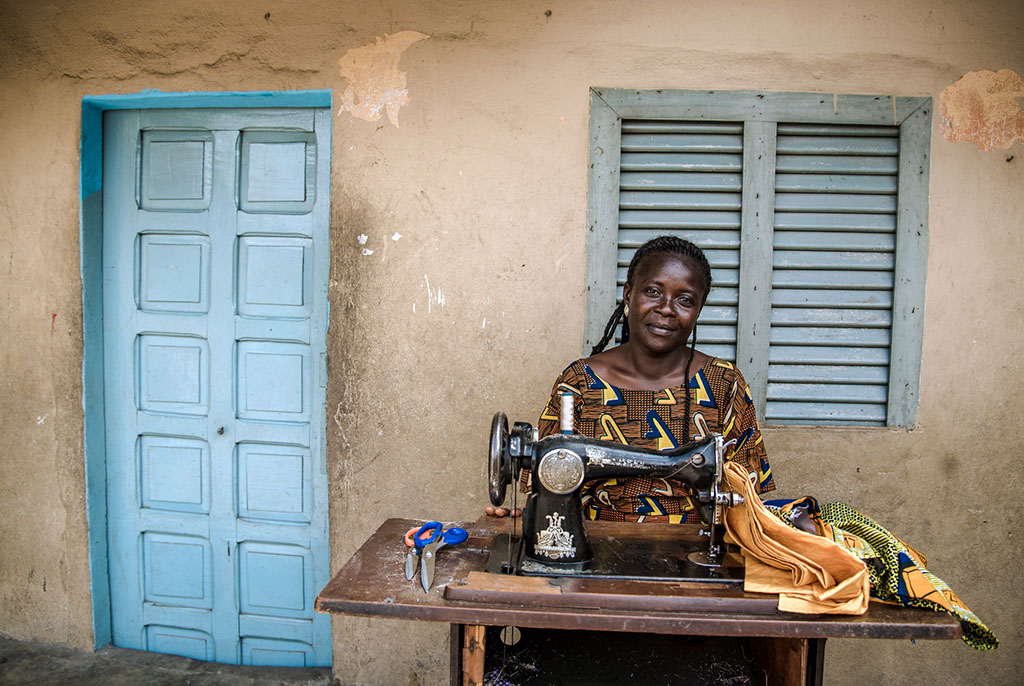

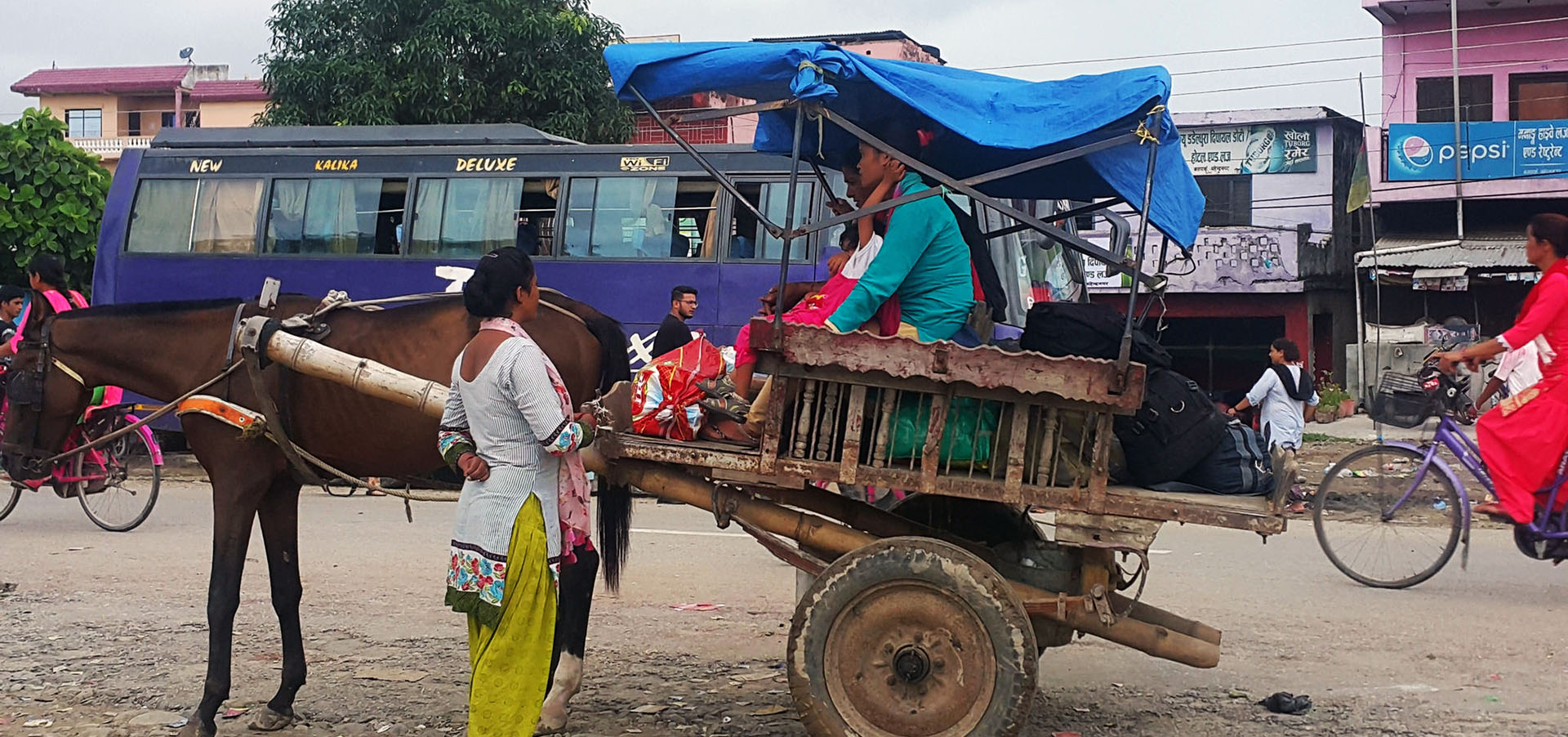
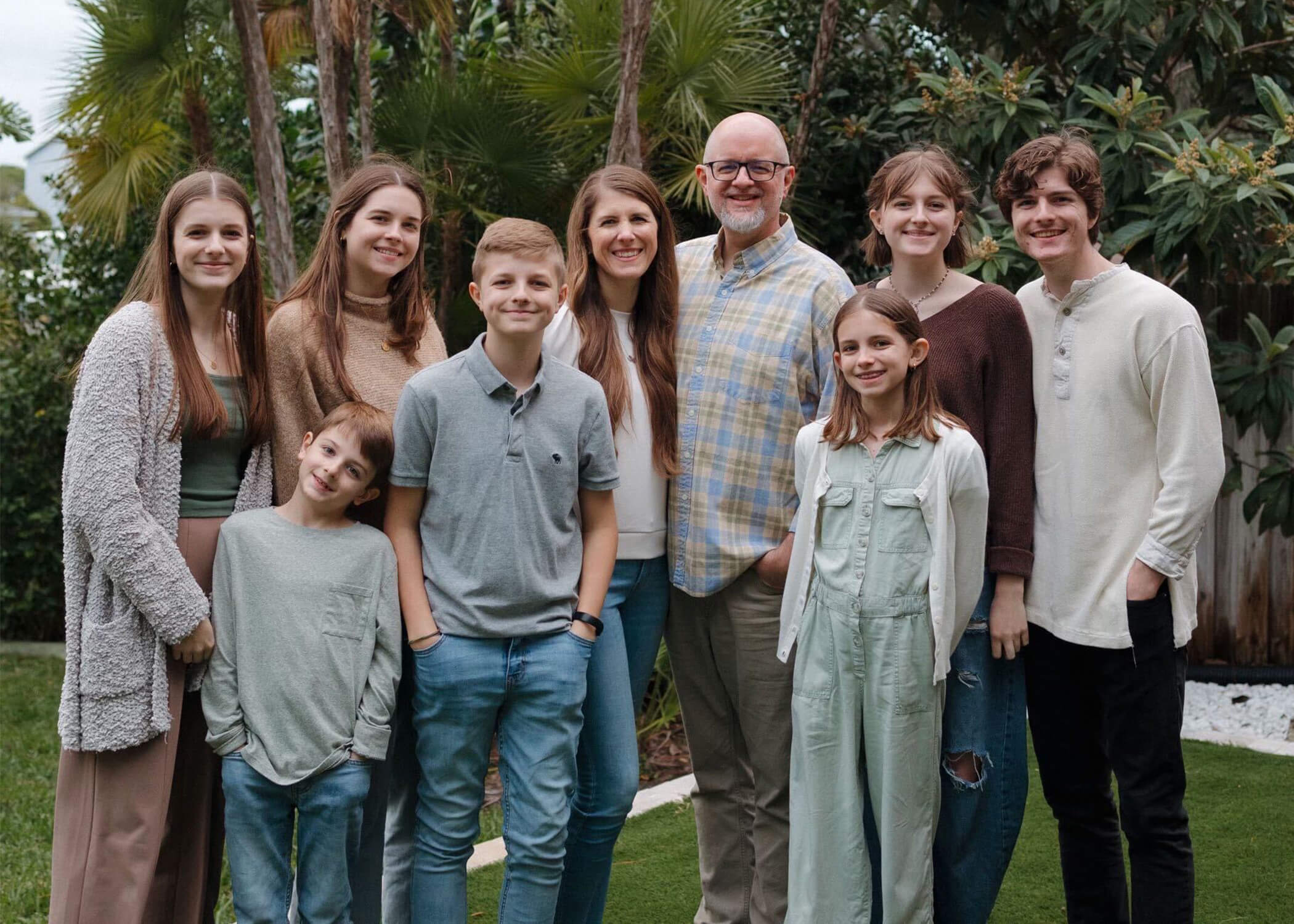
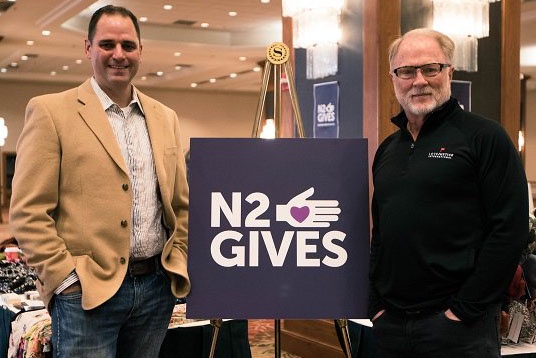




Post a comment